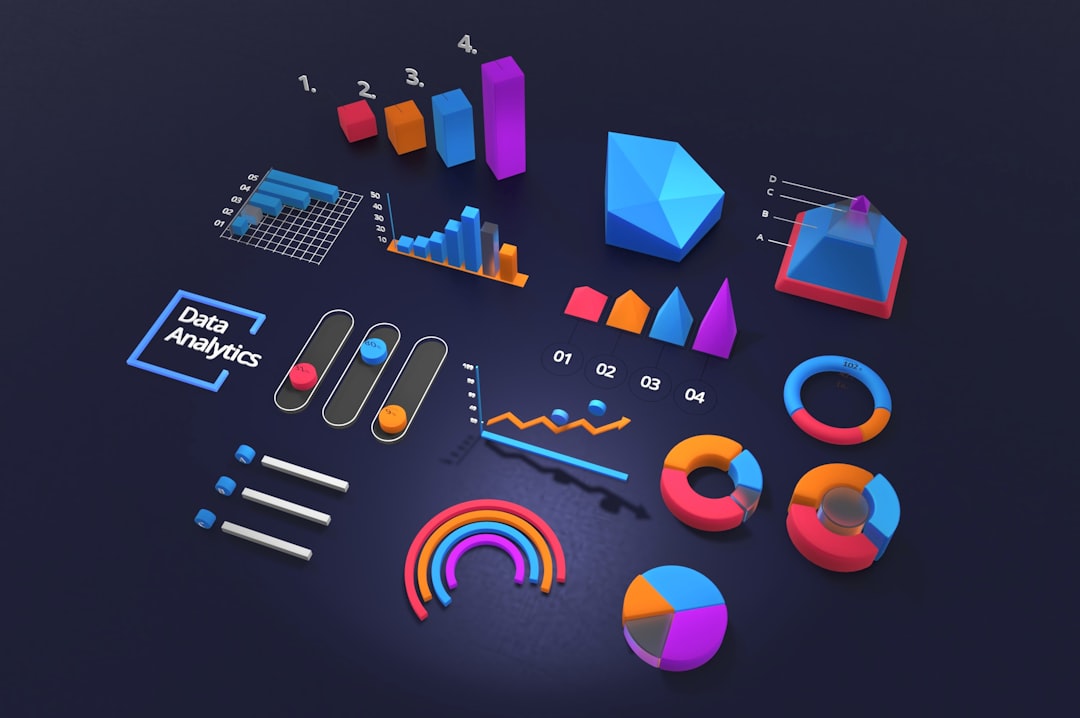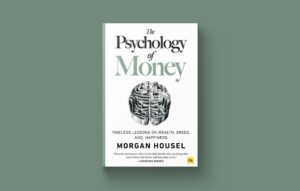Do you ever feel like you're just reacting to life instead of thinking through it?

I’ve been there. For years I felt stuck in a fog. My days were a cycle of reacting to cravings with binge eating, reacting to boredom with endless gaming, and reacting to fatigue with laziness. I was living on autopilot and it was leading me down a dark path. Change felt impossible because every problem seemed like a giant unbreakable wall.
It wasn't until I learned to step back and think differently that things started to shift. I realized that my brain, like a muscle, could be trained. I started using analytical thinking not as some complicated academic exercise but as a practical tool for daily life. It’s what helped me break down the overwhelming goal of losing 110 pounds into small manageable steps and untangle the messy web of my bad habits. This skill didn't just change my habits; it changed my entire approach to life.
Why Analytical Thinking is Your Secret Weapon
So what is analytical thinking? Don't let the term scare you. It’s simply the ability to break down big, complicated problems into smaller, more understandable pieces. Instead of seeing a huge, scary challenge you see a series of small, solvable puzzles.
It’s about looking at information, identifying the important parts, and seeing how they connect. It’s about asking "why" instead of just accepting things as they are. This skill helps you make better decisions, solve problems more effectively, and feel more in control of your life. It’s a tool God gave us to navigate the world with wisdom and clarity.
You don't need a special degree to do this. You just need a little practice. These drills are simple exercises to help you start building that mental muscle.
Simple Drills to Sharpen Your Mind
Here are 15 practical drills you can weave into your daily life. Don't try to do them all at once. Pick one or two that stand out and give them a try.
Ask the "Five Whys." When you face a problem ask "Why?" five times to get to the root cause. For example: "I didn't finish my work today." Why? "Because I got distracted." Why? "Because I kept checking my phone." Why? "Because I was anxious about a message." Why? "Because I haven't addressed a conflict with a friend." Why? "Because I'm afraid of the conversation." Suddenly the problem isn't just "I'm lazy." It's "I need to have a difficult conversation."
Play Devil's Advocate. Take a belief you hold strongly and try to argue against it. You don’t have to change your mind. The goal is to understand the other side and find any weak spots in your own logic. This strengthens your own position and makes you a more empathetic thinker.
Question Your First Reaction. Our gut reactions are often emotional not logical. When you feel a strong impulse—to buy something, eat something, or say something—pause. Ask yourself: "What is driving this feeling? Is it logic or emotion?" This single habit helped me break my binge-eating cycle. My first reaction was always to grab junk food. Pausing helped me realize I was usually bored or stressed not actually hungry.
Separate Facts from Opinions. When you read an article or hear a story practice pulling out the objective facts from the subjective opinions and interpretations. This is a powerful tool for navigating news and conversations without getting swept up in emotion.
Look for Patterns. Review your spending habits your daily routines or your moods. Do you notice any patterns? Maybe you overspend on paydays or feel most energetic in the morning. Identifying patterns is the first step to changing them.
Explain It to a Child. Take a complex topic you're trying to understand and try to explain it in the simplest terms possible as if you were talking to a ten-year-old. If you can't explain it simply you probably don't understand it well enough.
Journal with Purpose. Instead of just writing about your day ask analytical questions. "What was my biggest win today and what actions led to it?" or "What was my biggest challenge and what could I do differently next time?"
Read Something Different. If you only read novels try a non-fiction book on history or science. If you only read about business pick up a biography. Exposing your brain to new subjects and new ways of thinking creates new mental pathways.
Work on a Puzzle. Crosswords Sudoku or logic puzzles are fantastic and fun ways to train your brain to see connections and think logically.
Reverse Engineer a Problem. Start with the end goal and work backward. When I wanted to lose 110 pounds I started with the end goal and asked "What would a person at that weight be doing daily?" The answers were simple: eating whole foods moving their body consistently getting enough sleep. I just had to work backward from there.
Make a Deeper Pros and Cons List. Don't just list pros and cons. Add a "weight" to each one. How important is this pro? How severe is this con? This forces you to prioritize what truly matters in a decision.
Think in Second-Order Consequences. For any action or decision ask yourself: "And then what?" For example: "If I eat this cake I will feel good." And then what? "I will feel guilty and sluggish later." And then what? "I will be less likely to go for my evening walk." Thinking about the ripple effects of your choices is a game-changer.
Talk It Out. Find a trusted friend family member or mentor. Explaining a problem out loud forces you to structure your thoughts clearly. Often the solution becomes obvious as you're talking.
Notice the Details Around You. On your next walk or drive make an effort to notice five things you've never seen before. This simple drill trains your brain to be more observant and less passive.
Practice Intentional Gratitude. At the end of the day don't just list things you're grateful for. Analyze them. "I'm grateful for my health." Why? "Because it allows me to work hard and provide for my family which gives me a sense of purpose." Connecting gratitude to its deeper meaning turns it from a simple emotion into a powerful reflective tool.
It’s a Journey Not a Destination
Building your analytical thinking skills is a process. You won't become a master problem-solver overnight. But every time you pause to ask "why" or break a problem into smaller pieces you are getting stronger. You are moving from a life of reaction to a life of intention. You are taking back control.
It starts with one small choice to think a little deeper.
So I'll leave you with a question: What is one problem in your life right now big or small that you can look at with fresh eyes today?





